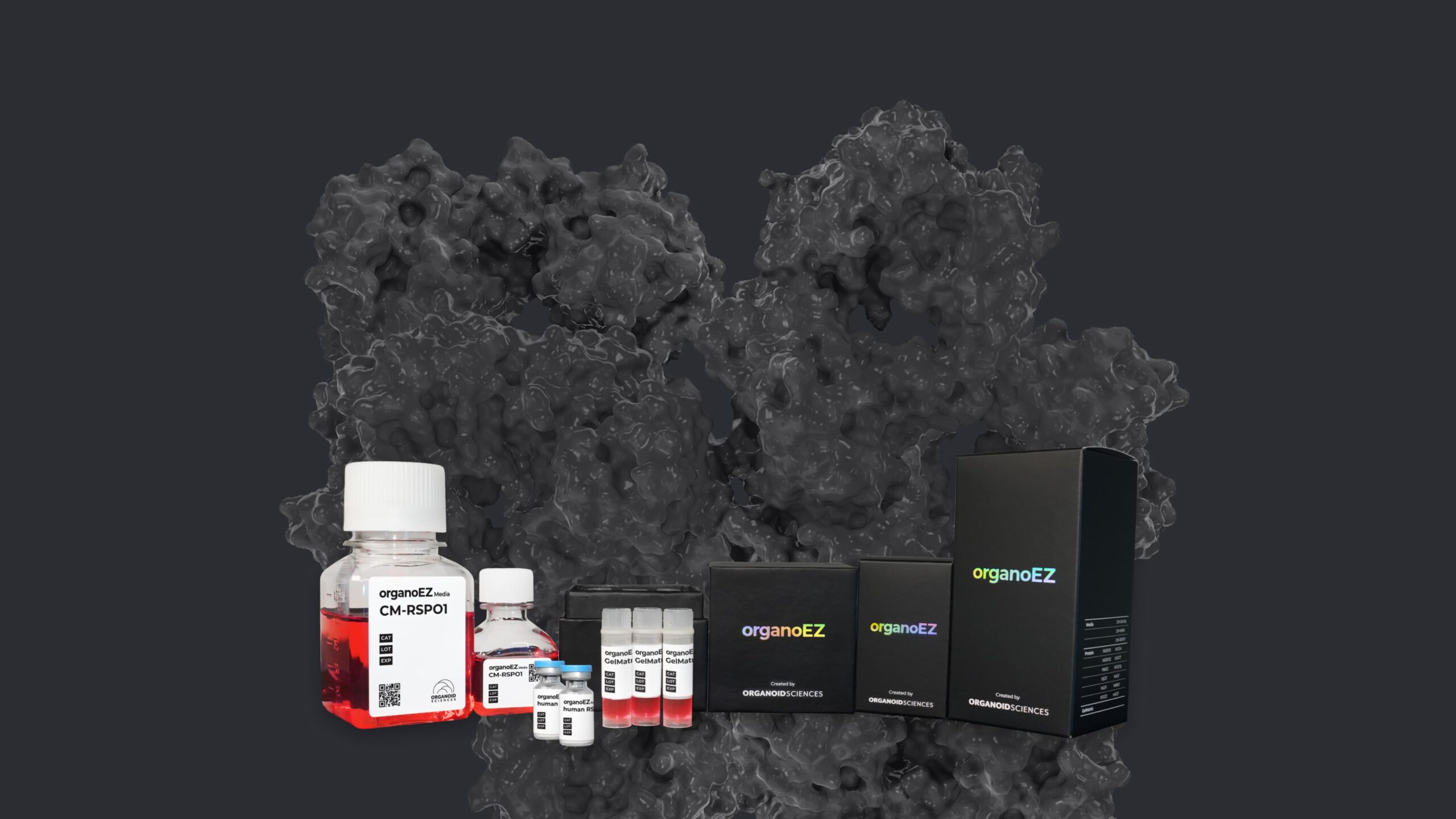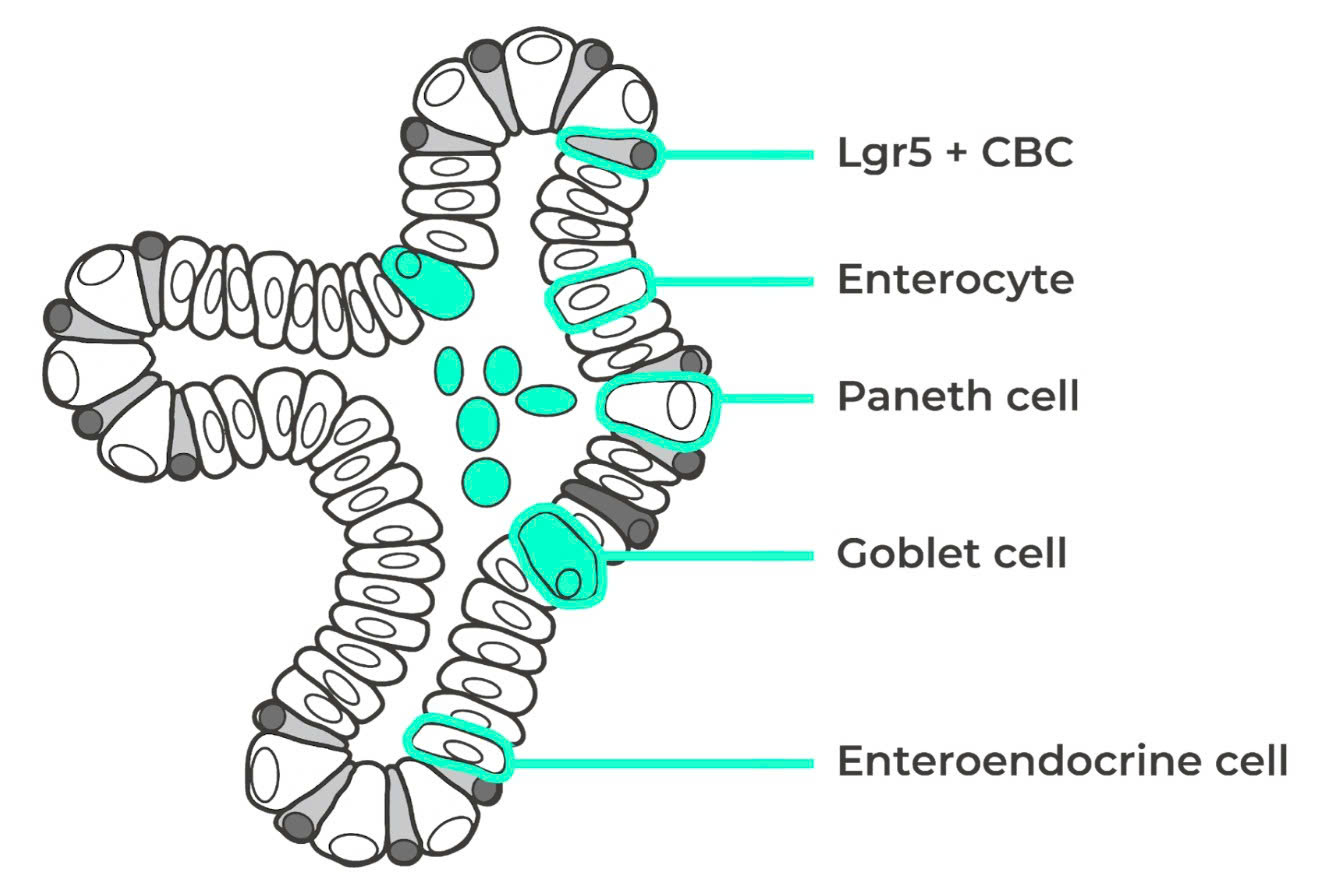Acute lung injury (ALI) is characterized by inflammation, alveolar damage, macrophage activation, and cytokine production. Mesenchymal stem cells (MSCs) exhibit immunomodulatory properties beneficial for treating inflammatory diseases like ALI, yet the precise mechanisms of MSC regulation on macrophages in ALI remain unclear. In this study, mouse lung organoids were constructed from lung tissues, facilitating the co-culture of alveolar and interstitial macrophages to mimic the lung microenvironment. MSCs derived from mouse compact bone were co-cultured with organoids and macrophages to evaluate their therapeutic potential in ALI. RNA sequencing revealed changes in gene expression profiles. Lung organoids expressed specific lung cell markers and functional cells when grown on spreading matrigel. Lipopolysaccharide (LPS)-induced injury enhanced inflammation-associated gene expression in macrophages co-cultured with injured lung organoids. MSC treatment attenuated injury progression, reduced inflammatory markers, and modulated macrophage function via the nuclear factor-κB pathway, affecting the inflammatory phenotype of lung organoids. Spreading matrigel-grown lung organoids offer a novel model for disease research, enabling the study of immune cell interactions. MSCs demonstrate protective effects against ALI by regulating alveolar and interstitial macrophage functions, suggesting a potential therapeutic mechanism.
Keywords: organoids, LPS-induced acute lung injury, macrophages, lung organoid




